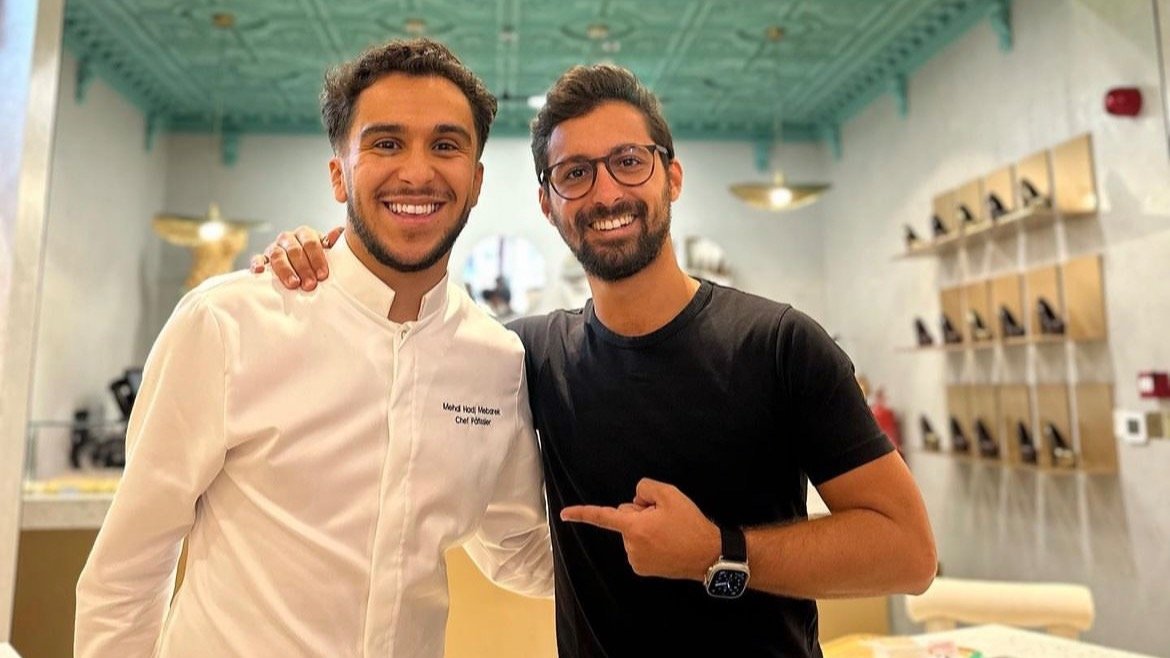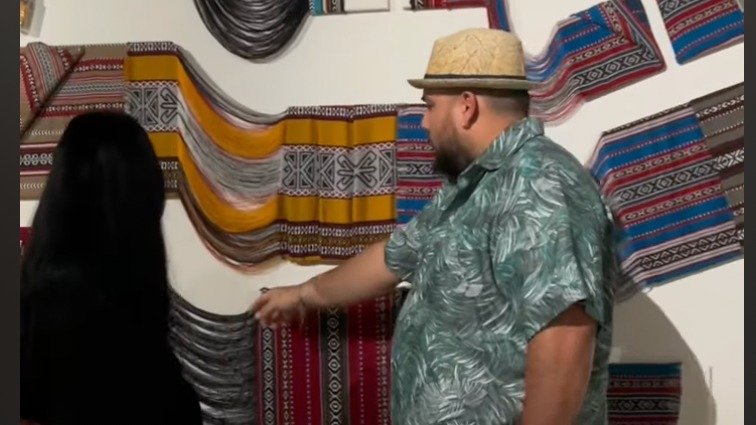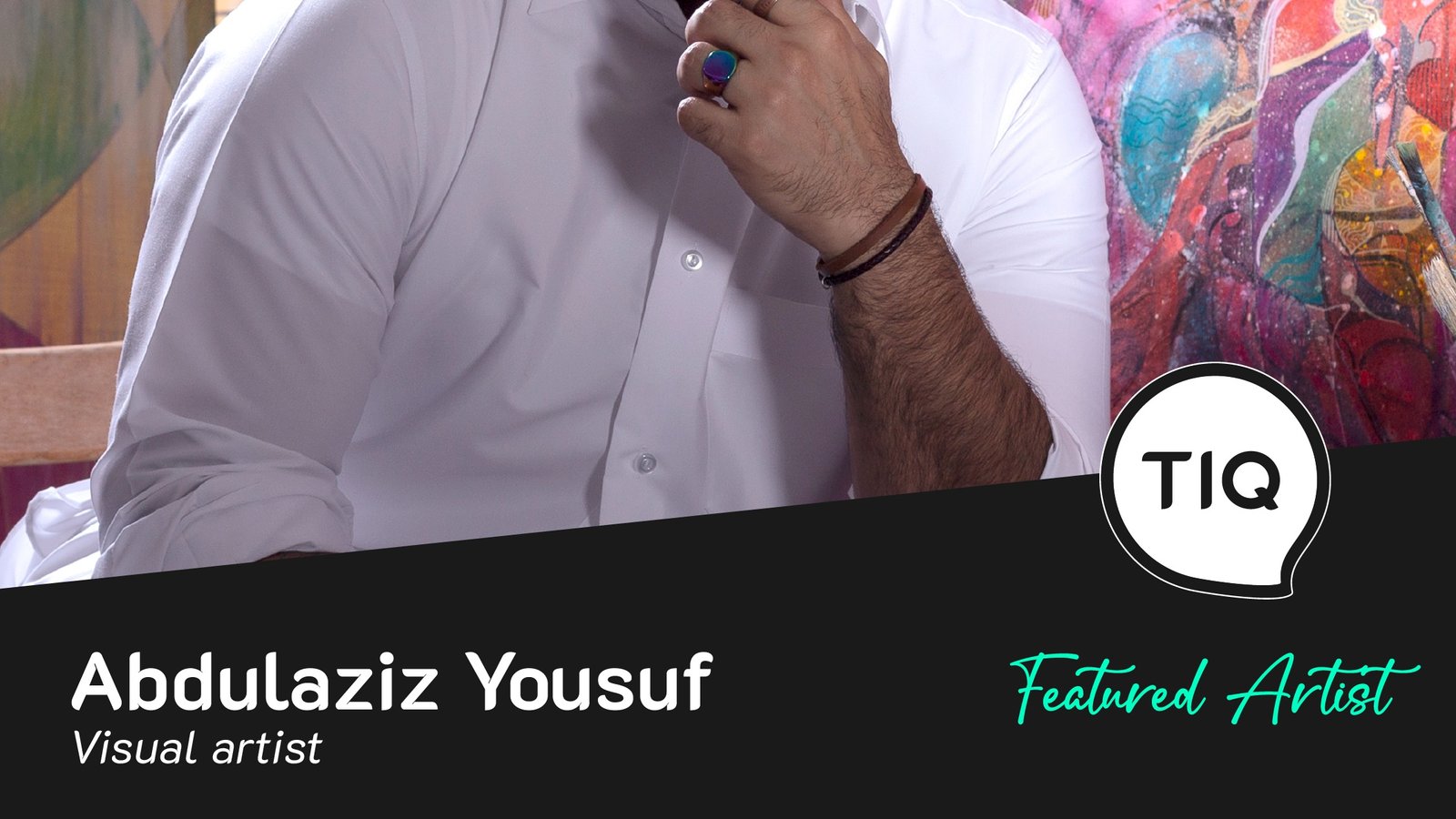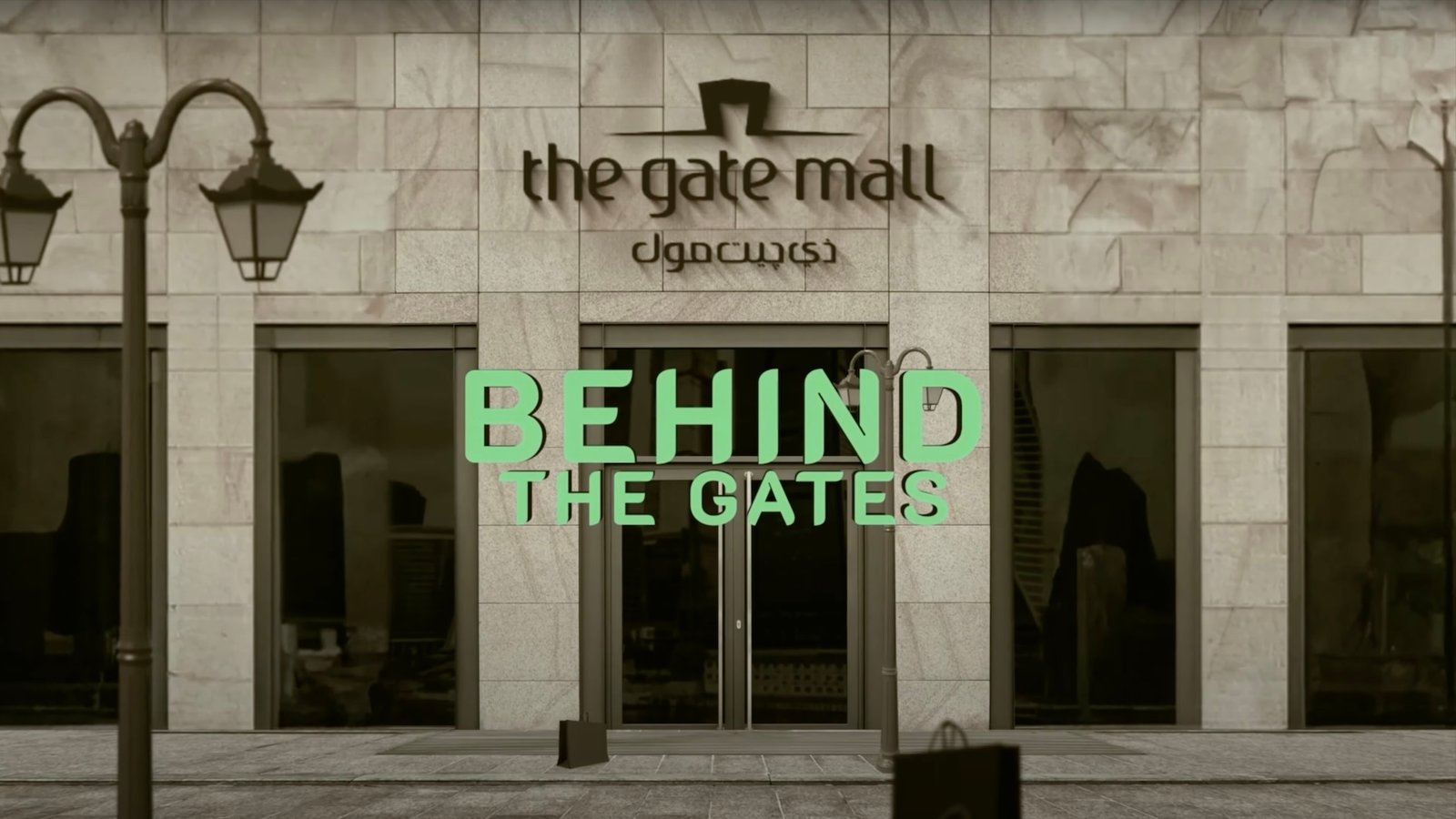Launch of Al Jazeera 360 platform
Al Jazeera Media Network will launch its new digital platform “Al Jazeera 360...
Sep 14, 2024
DOHA FORUM 2023
Maribel Saad, Dec 12, 2023

The 21st Edition of Doha
Forum, held under the patronage of His Highness Sheikh Tamim bin Hamad Al
Thani, Amir of Qatar, concluded today. The two-day premier policy gathering saw
top diplomats, experts, and changemakers grapple with critical challenges that
face our world, focusing on this year's theme, 'Building Shared Futures'. The
event saw the participation of 3,500 individuals from over 120 countries,
including over 270 speakers.
Drawing
attention from the world's most influential leaders, this year’s honourable
guests included H.E. Hussein Mwinyi, President of Zanzibar, H.E.
Antonio Guterres, Secretary General of the United Nations, H.E. Dr. Mohammad
Shtayyeh: Prime Minister of Palestine, H.E. Ayman Al Safadi: Deputy
Prime Minister and Minister of Foreign Affairs and Expatriates of the Hashemite
Kingdom of Jordan; UK
H.E. Hossein Amir-Abdollahian, Minister of Foreign Affairs, Iran; H.E. Sergey
Lavrov, Minister of Foreign Affairs, Russia; H.E. M.U.M Ali Sabry, Minister of Foreign Affairs of Sri
Lanka; Amb. Husam Zomlot, Ambassador, Palestinian Mission to the
UK, H.E Dr. Nasser Yassin: Minister of Environment,
Lebanon.
The forum officially drew to a close Monday evening
with remarks from H.E. Dr. Mohammed bin Abdulaziz Al-Khulaifi, Minister of
State, Qatar, who commented, “As we conclude this year's Doha Forum, I am
humbled by the richness of our discussions and our commitment to shaping a more
resilient and cooperative future for the Middle East and the world.”
Presenting the latest trends,
analyses, challenges, and opportunities in humanitarian action, day two of Doha
Forum 2023 kicked off with the panel discussion, 'Putting People First:
Humanitarian Diplomacy in a Challenging World', in partnership with
United Nations Office for the Coordination of Humanitarian Affairs (OCHA).
Here, His Excellency Dr.
Mohammed bin Abdulaziz bin Saleh al-Khulaifi, Minister of State at Qatar’s
Ministry of Foreign Affairs, stressed “In a world filled with unprecedented
challenges, we must come together to tackle those obstacles that hinder our
ability to provide aid and assistance to those in need.”
Martin Griffiths: UN Under-Secretary-General for Humanitarian Affairs and Emergency
Relief Coordinator remarked “As we approach 2024, almost 300 million people around the world are in
need of humanitarian assistance, equivalent to the third most populous country
in the world. Humanitarian assistance cannot be the entire solution, everyone
has to be part of the process [...] it is one that we share from the outset, it
is time that we make a reality in the field, not in a panel discussion.”
In the first Newsmaker session of
the day, H.E. Guy Ryder, Under Secretary General for Policy, Executive Office
of the Secretary-General, United Nations Secretariat argued that the world
still needs the structure of the UN to address its challenges. “We are in a world which faces multiple simultaneous
crises; we face crises of war, a crisis of climate change and of development,”
he said. “We are falling short in resolving them as we wish. There is no
disputing the fact that the UN cannot be more than the aggregated will and
actions of its member states. That is the reality that the UN lives with. We
nevertheless have in the UN the instrument that can help us do better.” He
added that the UN has convened a summit of the future next September that is
designed to re-dynamize the organization.
In Palestine Has Become a
Global Crisis - Does It Have a Global Solution?, held in partnership with Middle East
Council on Global Affairs and U.S./Middle East Project, Husam Zomlot: Ambassador, Palestinian Mission to the UK argued that
politicians focused on ‘the day after’ the war ends are distracted from the
most critical issue in Gaza today.
“We need to talk about today, about the need for
permanent and comprehensive ceasefire, because every day will cost us dearly.
Already, the situation is beyond control,” he said. “We need to also talk about
the day before and not the day after. Our entire conversation needs to focus on
the siege, settlement, occupation, violence, the Netanyahu system that
undermines any element of a two-state solution.”
Ambassador Zomlot also berated
governments ‘lecturing us on a two-state solution, without recognizing the
state of Palestine,’ adding “We must leave the issue of who
leads and governs to the Palestinian people. There was never in our history a
president who wasn’t chosen by his people.”
He concluded by noting that the movements around the
world calling for a ceasefire and an end to the occupation were unprecedented, remarking
“We can turn this moment into a historic moment, to turn this tragedy into a
great opportunity, because the people of the world will suck the oxygen out of
this occupation.”
Daniel Levy: President, US / Middle East Project warned that ‘this
can still get worse. It is getting worse everyday. If you provide more weapons
and vetoes at the UN Security Council, Israel will do its worse. You have to
introduce accountability. If you want the Israelis to change direction, you
have to introduce cost and consequence. The US is clearly woefully inadequate
at that task.”
He added, “It is important that
there are Jewish voices saying ‘not in my name’; those who say this can’t be a
religious war - and it is not in my name.”
Dr. Comfort
Ero: President & CEO, International Crisis
Group, said “We are in a crisis of peacemaking in itself and Gaza shows that.
The Security Council has become dysfunctional. That didn’t start today in the
name of Israel and Palestine, it was there on Ukraine and on other conflicts.
There is a lack of leadership. But there will be a day of reckoning for the US
and the UN. There will be a reckoning for others who have sat and watched
without working hard to find a two-state solution.”
The panel discussion Securing Data
in an AI Driven Era, in partnership with National Cyber Security Agency,
addressed the challenges and strategies of ensuring privacy within AI systems,
exploring both technical safeguards and ethical considerations.
Highlighting that AI is outpacing
regulation, His Excellency Abdulrahman Ali Al-Malki, President of the National
Cyber-Security Agency, said, “In the near future, it is difficult to agree on
regulations on the use of AI because it is rapidly changing and evolving.”
“One of the key issues of new AI
systems is ‘hallucination’ [...] these models make up information and lie in a
convincing manner, and this is the biggest inhibitor of using this technology
in a business construct,” said Amr Awadallah, CEO & Co-Founder, Vectara,
Inc.
“Another issue [with AI systems] is explainability, it
needs to explain how and why it arrived at this solution, and why it is the
right diagnosis,” he added.
Wilson Center’s Towards a
Multilayered World: Rethinking Alliances saw panellists debate whether
a shift to more issue-based regional and intraregional alliances can serve as stepping
stones for resolving gridlocks in multilateral organizations.
H.E. Tim Watts: Assistant Minister of Foreign Affairs,
Australia commented, “When Australia looks at the world and how we would
like it to operate in the international system, we want a peaceful, prosperous,
secure world, a world underpinned by agreed norms, rules and international law,
but really importantly a world were countries can make their own decisions.”
H.E. Ville Skinnari: Former Minister for Development
Cooperation and Foreign Trade, Finland noted that a NATO membership for Finland
is a natural next step, saying “it is not against anybody; it’s just to really
convince ourselves that Finland is a security provider and not a consumer.”
With the world’s temperature predicted
to rise by 1.5°C, Governing our Climate Future - hosted in
partnership with STIMSON - reviewed key takeaways from the recent COP28 and how
we should be setting humanity on the path toward sustainable green growth and
climate sustainability.
H.E. Maria Fernanda Espinosa: Former
Minister of Foreign Affairs and of Defense of Ecuador, former President of the
UN General Assembly expressed her frustration, saying, “Planet earth can live
very well without us, but we cannot live without planet earth. And after 28
times that COPs have met, our emissions continue to grow steadily, and we have
to operate in emergency mode.” She added, “We want to raise ambition but there
is no ambition without the means of implementation for developing countries.”
Chido Mpemba: African Union Youth Envoy,
stressed, “We have all these meetings of COP year-by-year but it needs a proper
implementation plan and action as a state of emergency.”
In A Multilateral Dialogue on
Regional Security and Diplomacy, Dr. Huiyao Wang, Founder
and President of Center for China and Globalization (CCG) – a session partner,
alongside Middle East Institute – and Dr. Justin Vaïsse: Founder and
Director General of Paris Peace Forum, looked at
the need for multilateral and inclusive dialogue in a time of heightened
conflict and rising tension in the MENA region.
“We are losing trust between all the major players to
come up with a resolution. China can play a bigger role now,” remarked Dr. Wang.
“The country has been doing business, it doesn’t occupy and has never had these
problems. The Saudis and Iranians talked about ending rivalry but who would
have done the peace deal? With China sitting at the table, a deal was made.”
Dr. Vaisse added, “There was a sense that stability might
happen after the Abraham Accords but now we see that it did not happen. Israel-Arab
peace is not Israel-Palestine peace. It happened between Egypt and Israel long
ago and there is always this idea that Arab peace with Israel means it will
have peace with Palestine but that has not been the case.”
The session Vaccine
Innovation and Global Health Resilience: Lessons from COVID-19 and Beyond
discussed vaccines' role in healthcare systems, development, and distribution,
focusing on COVID-19 lessons and future health emergency plans, moderated and
in partnership with the World Innovation Summit for Health (WISH).
Prof.
Sir Adrian Hill: Director of the
Jenner Institute, Oxford University, commented, “COVID-19 was a global disaster
in many senses but for those of us involved in vaccine RND it provided funding
that we had never had before and a global understanding of what vaccines can
and cannot do.” Noting that the malaria vaccine took 30 years to develop, he
added, “There were many learning points [from COVID]; one is that we can
develop vaccines much faster than we normally do.”
Lady
Roslyn Morauta: Chair of the
Board for the Global Fund to Fight AIDS, Tuberculosis & Malaria said, “We
need mechanisms where agencies work together just like they did during COVID,
when all the major multilateral health organizations cooperated very well in a
way that they probably hadn't before to try to ensure more critical access to
COVID tools.”
Launching the 2023 Future Readiness
Economic Index, a special report commissioned by Google and Produced by
Descartes Institute in cooperation with the Communications Regulatory Authority
of the State of Qatar, Building a Digital Economy: Is Your Country Future-Ready?
revealed key results and rankings.
H.E. Ahmad Al Muslemani: President of the Communications Regulatory Authority,
Qatar spoke of Qatar’s use of digital
communication to provide an enhanced visitor experience to fans at the FIFA
World Cup Qatar 2022. “Another successful example [of digital
transformation] is the major effort by the Government of Qatar to migrate to
the cloud. Today, more than 40% of the consumed services are powered by
artificial intelligence," he added.
"Successful countries in terms of future readiness,
like Singapore, adopt a holistic approach. It's not about being the leader in
specific technologies but understanding the broader impact on education,
international competitiveness, and other components. It's a comprehensive
perspective," noted Dr. Bruno
Lanvin: Founder and CEO, Descartes
Institute.
During State Agency and
Multilateral Institutions in Times of Multipolarity panellists
questioned how the Gulf and Europe are navigating a changing geopolitical
order, embracing a multipolar shift and focusing on strengthening international
and multilateral institutions for stability during crises.
H.E. Dr. Vjosa Osmani: President of the Republic of
Kosovo, stated, “Despite of everything that we have to go through, we need to
make sure that our children and everybody's children never have to go through
what we have to go through, and for that purpose we need to understand that the
underlying principle of peace is not revenge, the underlying principle of peace
is justice.”
Sudan's civil war, centred in Khartoum
and Darfur, has already killed thousands and displaced millions. The panel Sudan
at War from the International Crisis Group explored methods for lasting
ceasefires, political processes, and reducing conflict impact.
Hanna Tetteh: UN Special Envoy to the Horn of Africa, stressed that “It has to be an unconditional ceasefire there are no terms or
preconditions that ought to come into play before that happens. But it is also
important to recognize that the government of Sudan will have to be a
government that reflects Sudan and that's the reason why it is the civilian
actors that should be consulted as part of that process to get the outcome that
is desired.”
In the second Newsmaker interview of the
day, H.E. Hossein Amir-Abdollahian, Minister of Foreign Affairs, Iran
emphasized Iran’s position towards the Gaza crisis, stating “According to
international law if Israel wanted to retaliate, they should have observed the
principle of differentiation and proportionality. They should differentiate
between military and non-military targets.”
He continued, “The only thing that we have in
common with the occupying regime of Israel that neither of us believes in a
two-state solution. There needs to be one ruling system in the Palestinian
territories. Israel also believes that. In Biden’s time we see that in practice,
the two-state solution has been ignored. The original people of Palestine,
Jews, Christians, and Muslims should decide the fate of Palestine.”
Asked about Iranian relations with the
rest of the region, he said, “Our policy towards the neighbouring countries is
one based on cooperation, peace and maximum security in the region. And within
the framework of this policy, we strive for the peace and progress of the
region. Our dialogue and cooperation with countries like Egypt is in line with
our efforts to have more stability and lasting security in the region.”
Chatham House’s session US-China
Competition - How Should Middle Powers Respond? delved into one of the
21st century’s great power rivalries – the United States of America
and China – coining potential strategies and responses from so-called middle
powers. Ambassador Julian Ventura, Former Mexican Ambassador to China, remarked
“An inescapable reality is that both players are so deeply interwoven into the
global system that those dynamics can't be ignored or avoided.”
Prof. David Monyae: Director, Centre for
China Africa Studies, University of Johannesburg, added, “I think one of the
greatest events in the recent past was the BRICS summit…we see a much stronger global
South, and the power has shifted from the US.”
“The Middle East was before known as a US-centred region but it has now
changed with China entering the region. The US is becoming less reliable and
less predictable, which made its role in the region very different nowadays.” noted Galip Dalay: Non-resident Senior Fellow, Middle East Council on
Global Affairs in The Middle East's
Fragile Reset: What Future?, a partnered session with Middle
East Council on Global Affairs.
Assessing how international influences,
global stakeholders, and strategies can help prevent protracted conflict and
facilitate peaceful resolution, Prospects for Peace in Ukraine
saw panellists compare conflicts. H.E. Jacek Siewiera: Secretary of State, Head of the National Security Bureau
of the Republic of Poland, argued “We cannot escape any form of comparisons
between the war in Gaza and in Ukraine, there are many differences, but the
most visible one is that the positions in the War in Ukraine and the strategic
expectations of both sides were openly expressed in the beginning of the war.” The session was held in partnership with CCG and
European Policy Centre.
The session Advancing
Sustainability & Improving Governance in Fragile States from Center
for Strategic International Studies explored how energy innovations and
technologies are enabling small-scale solutions to advance climate goals,
bolster civil infrastructure, accelerate economic development, and promote
peacebuilding in fragile states. “Globally there is good investment in
renewables, but when you come to Africa you see a very small portion of these
funds coming to Africa,” noted Dr.
Balgis Osman Elasha: Chief Climate
Change and Green Growth Specialist, African Development Bank. “In 2021 $444
billion was invested globally. Only 0.6 % of it came to Africa, although
Sub-Saharan Africa has 44% of the global potential for solar energy.”
“Ignoring and dismissing the two-state
solution is simply not an option. Mass expulsions are not acceptable, the
reoccupation of Gaza is not acceptable, the increased settlement violence in
the West Bank is not acceptable,” stressed H.E. Dr. Bisher Khasawneh,
Prime Minister of the Hashemite Kingdom of Jordan, during the last Newsmaker
session of this year’s forum. “We’re hoping this [Israeli aggression on
Gaza] will be a wake-up call that would fundamentally place things back on
track.”
Mirroring this year’s theme, Building
Shared Futures, the last panel investigated the need for multilateral
institutions to evolve and address future challenges, focusing on inclusive
systems, norms, and technologies for effective cooperation.
“Speaking as a Palestinian-American,
America has lost credibility long before the last three weeks in terms of what human’s
rights actually are. We failed every single moral claim about where we [the
United States] stand in the world,” said Dr. Omar Suleiman, Founder and President, Yaqeen
Institute. “We are in a time where talk of peace is often heard in forums where
political power postures are directly used to suffocate the work of justice.”
“It is important for us not to let Islam or Christianity
or Judaism to be scapegoats,” he continued. “Religious voices are able to
continue to clear the lens to make sure that people are able to see clearly and
be touched by the suffering of a child, and mobilize the masses towards that,
rather than allowing religion to become a mechanism or a means by which hatred
becomes especially flammable.”
“Many countries have found more power, more
voice, and have wanted to exercise these voices and that has meant that the
world is not as broken up in simple blocks as it used to be,” said Bronwen Maddox,
Director and CEO, Chatham House. “We’re looking at reversal of decades of
globalization. Progress is not enough but I wouldn’t give up on the ability of
countries to reach an agreement when there’s a crisis.”
The forum was closed by His Excellency
Dr. Mohammed bin Abdulaziz bin Saleh al-Khulaifi, Minister of State at the
Ministry of Foreign Affairs.
“As we draw the curtain on this year’s Doha Forum I am
humbled by the richness of our discussion and our commitment to shaping a more
resilient and a more cooperative future for the ME and the world,” he said. “As
we reflect on the actionable insights that come from this forum, the power of
this moment lies in our ability to translate knowledge into actions. Now is time
for us to take this action.”
Day
two also witnessed the signing of an agreement between Qatar Charity and the
United Nations Office for the Coordination of Humanitarian Affairs.
The forum's media partners
included Al Jazeera, Al Qabas, Al Monitor, CNN, Foreign Policy, and NTN 24.
For more information about Doha
Forum, or to watch previous sessions, please visit: https://dohaforum.org/

Al Jazeera Media Network will launch its new digital platform “Al Jazeera 360...
Sep 14, 2024

Radisson Blu Hotel, Doha is thrilled to announce the return of its highly ant...
Aug 21, 2024

Eid al-Adha, or the "Festival of Sacrifice," is one of the most significant c...
May 21, 2024

To Celebrate Eid Al Adha and Beat the Summer Heat
Jun 11, 2024

Waldorf Astoria Doha is delighted to officially announce the Grand Opening of...
Jun 11, 2024

Subscribe to our newsletter !
Nov 14, 2024
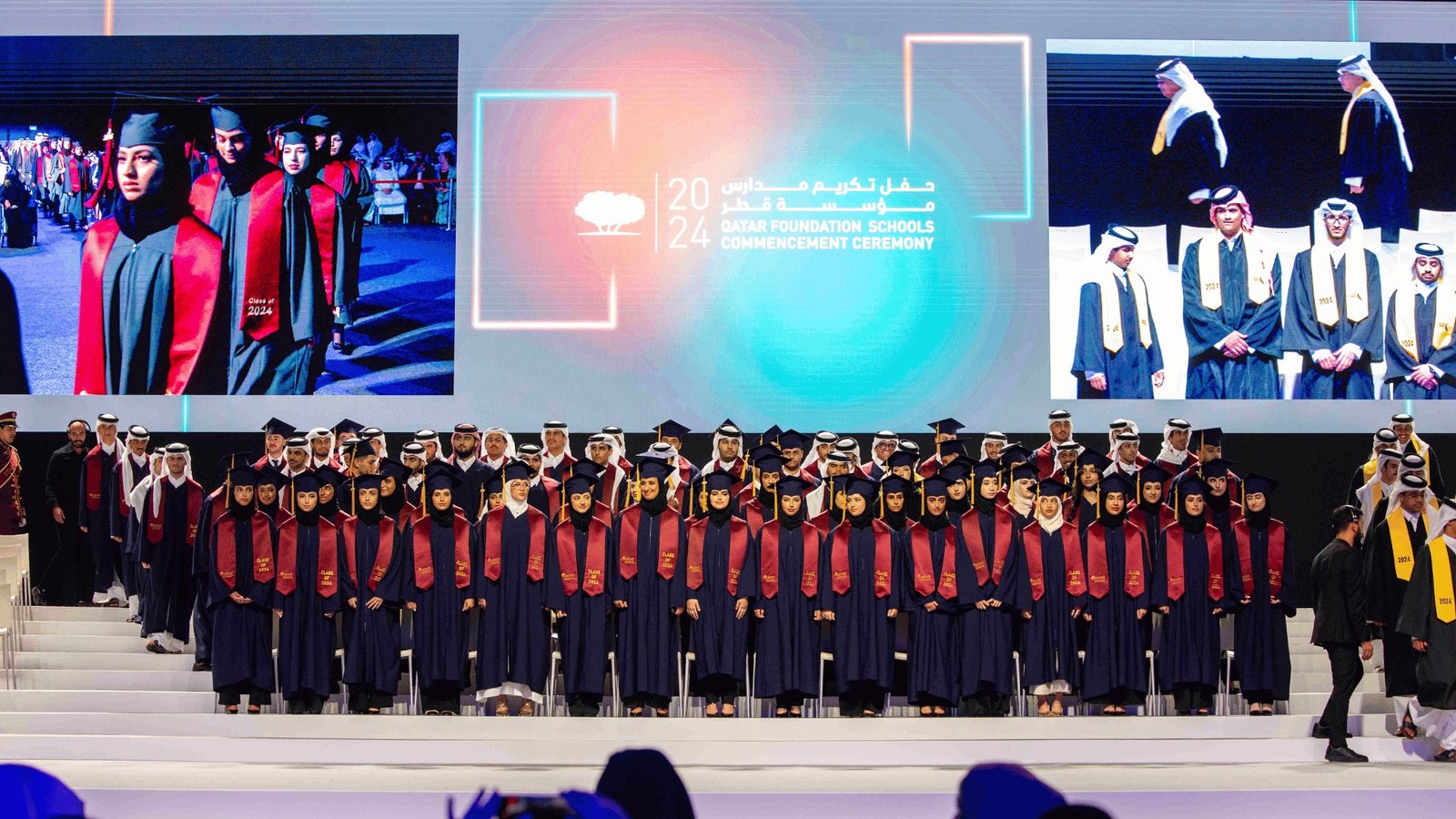
The ceremony honored 290 graduates from seven schools under Qatar Foundation’...
Jun 04, 2024
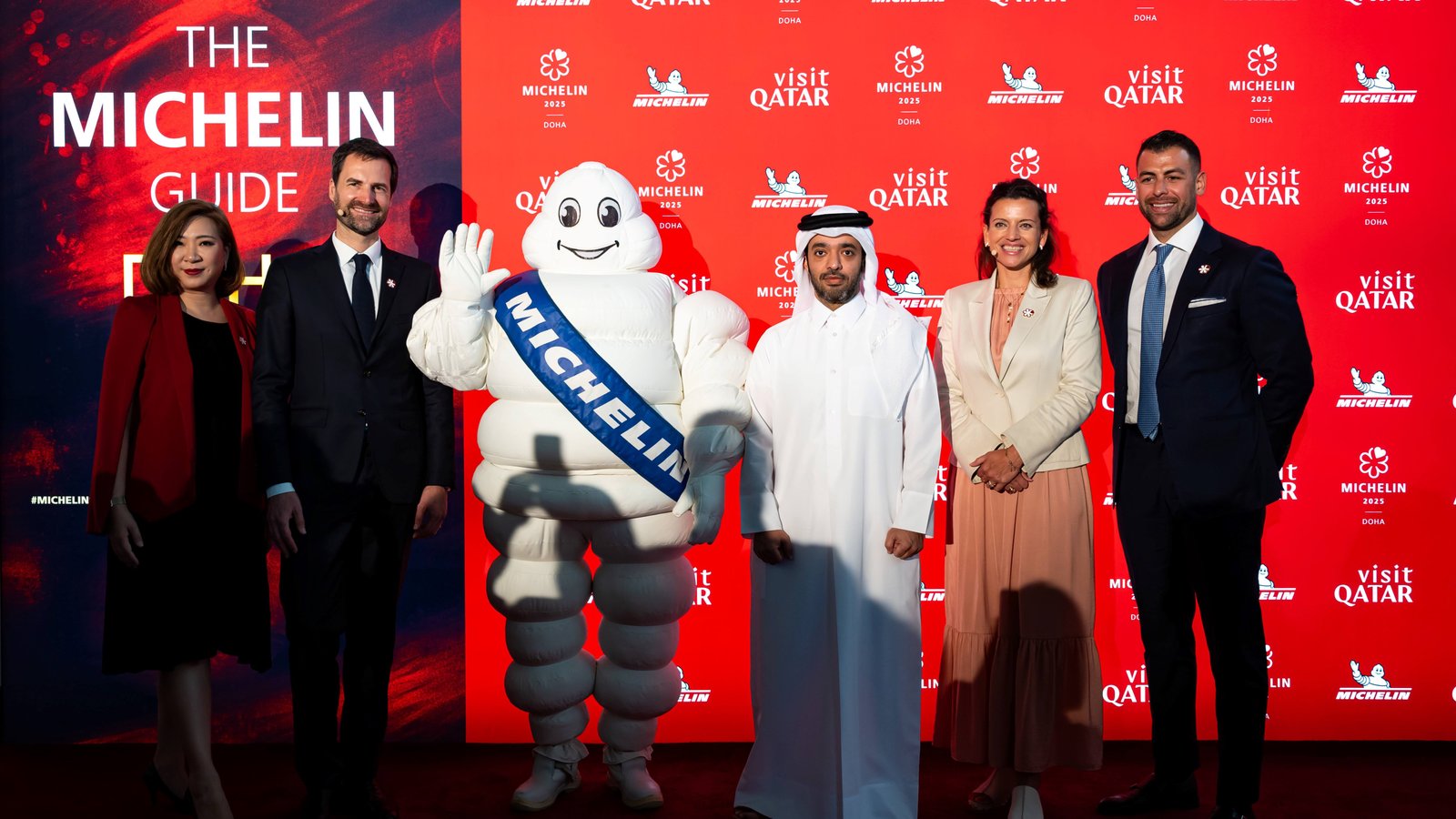
The MICHELIN Guide announced its arrival in Doha, Qatar for an upcoming 2025...
Jun 04, 2024
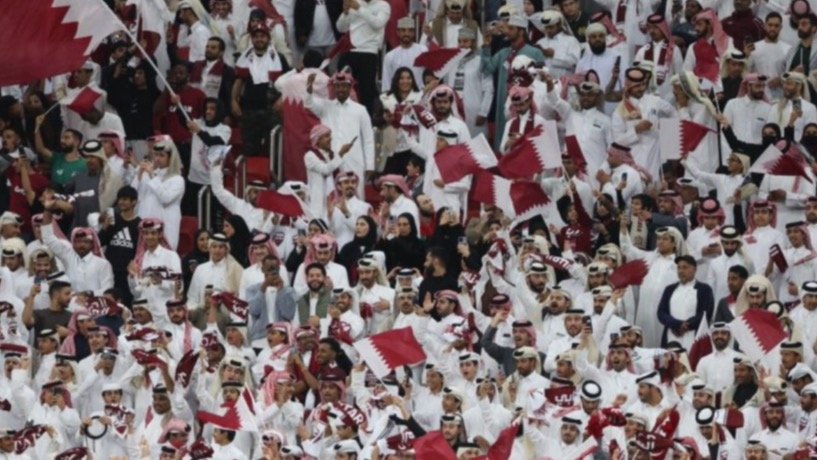
52nd Amir Cup Final Tickets: May 24, 2024, Education City Stadium.
May 20, 2024
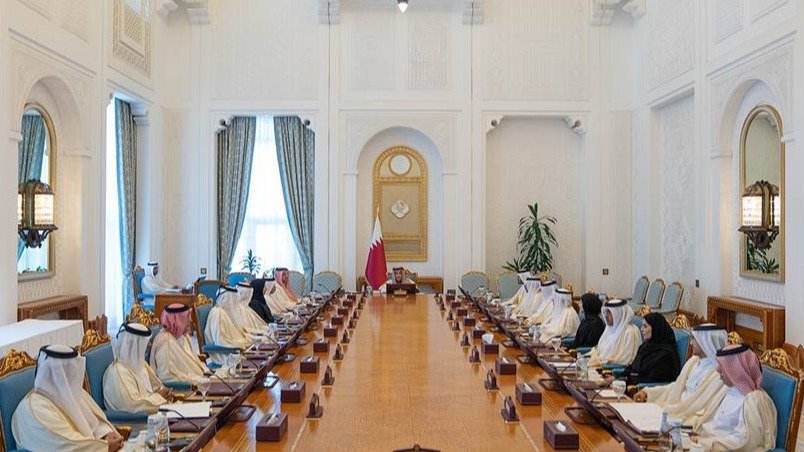
Qatar Cabinet approved a proposal to allow children to enroll in kindergarten...
May 23, 2024

With Discover Qatar's shuttle bus service, arrive at the HIA and visit Doha’s...
May 22, 2024
